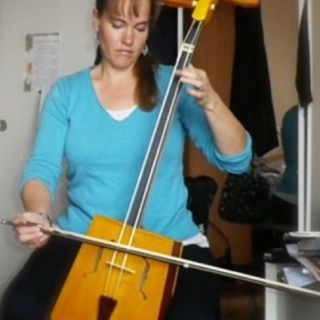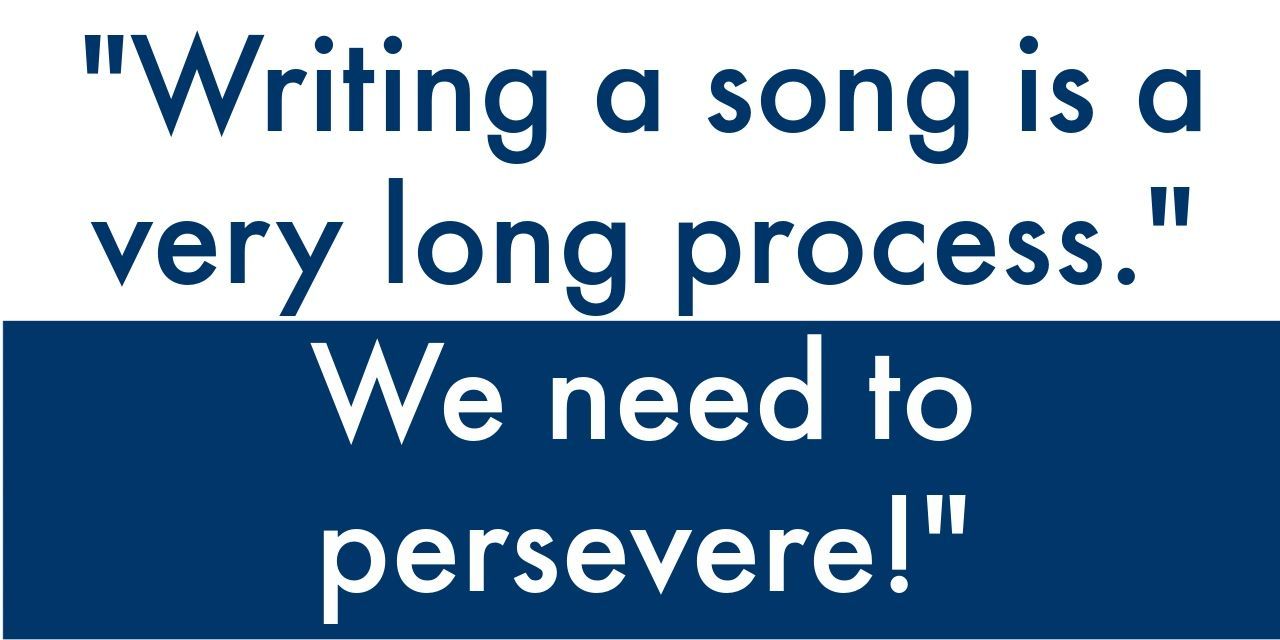
Buryat Praise Workshop
This post is an excerpt from SEND Canada's 2020 Annual Report. To read more, click here !
-----
Renata, a Canadian missionary in Siberia, decided to learn how to play the Morin Khurr - a traditional Buryat instrument. When she started taking lessons, she never imagined how it would impact the Buryat people.
In 2013, Renata, Daniela, and another couple started an instrumental music group to help their Russian church feel more welcoming to the Buryat people in the community. Renata played the Morin Khuur in the group!
The worship songs the Buryat believers sang had been translated into Buryat from other languages. The instrumental music group believed that the Buryats, who are an unreached people group (UPG), needed their own worship music and in their heart language.
Led by Daniela, a new group called the Praise Workshop was born in 2018. This group, including Buryat believers, began writing songs in the Buryat language. Daniela says, “Writing a song is a very long process. We need to persevere because there are five dialects in the language! Also, there is no complete Bible translation, so there are many discussions about how to translate terms like ‘God, Jesus, sin, and resurrection.’”

The Praise Workshop will probably never know the full impact of their music. However, three sisters eventually trusted Christ after a friend called and said, “Turn on YouTube. Our Buryats are singing there!”
Though not directly involved in the writing process, Renata finds great joy in seeing her Buryat brothers and sisters worship God in their heart language!
Additional Posts






